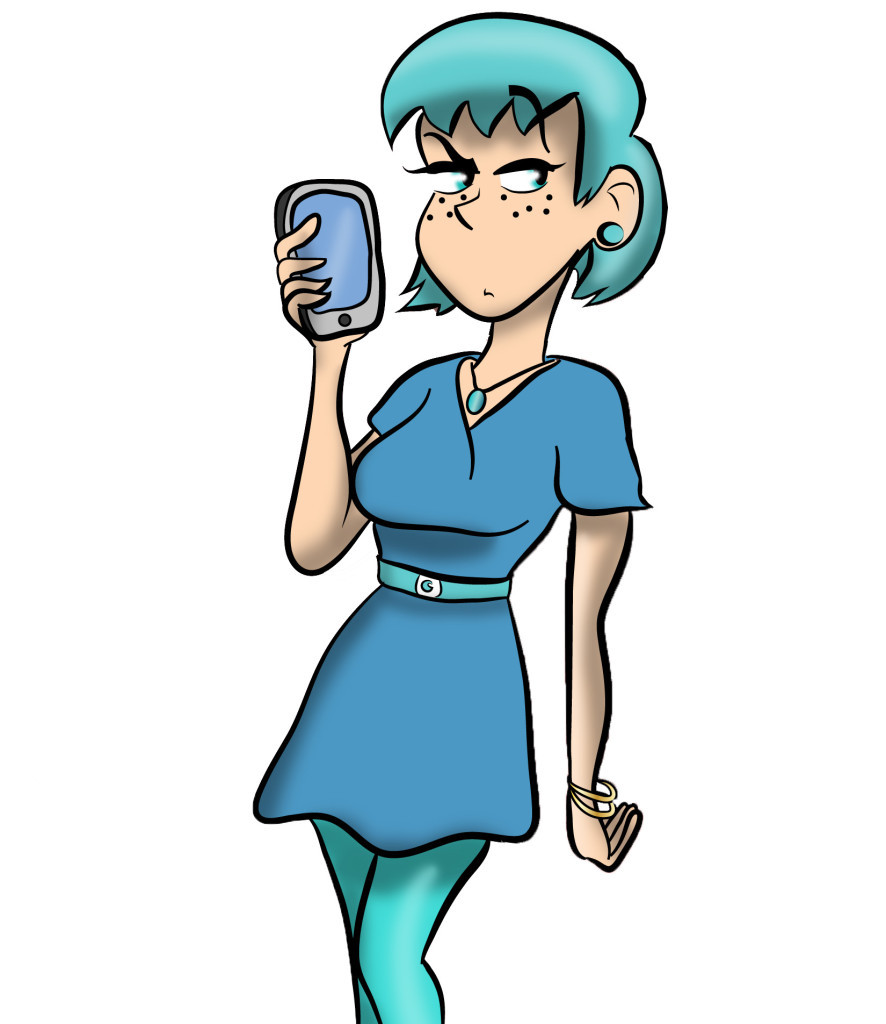Will search engine censorship track criminals or create them?
By Elliot Chan, Opinions Editor
The three titans of the Internet, Google, Microsoft Bing, and Yahoo!, are developing an ethical way to ban perverse searches, most notably links to child pornography and abuse content. At one point, Google and Bing echoed one another in saying the regulation “couldn’t and shouldn’t be done.” They have finally given in with a little arm-twisting from David Cameron, the British prime minister, who threatened to bring in a new legislation if the search engines did not take steps towards the solution. Now with over 100,000 illegal search queries blocked, one must ask: are we in fact closer to solving the problem, or have we just closed the door and opened a window?
Google admits that “no algorithm is perfect” when seeking out sexual predators and abuse offenders; still, the search engine has selected 13,000 queries to include a warning, which states that what the user has searched for is illegal and offers suggestions for help. The problem is those users aren’t searching for help; they are seeking pleasure and release—and they’ll get it one way or another. As soon as these offenders recognize the trap doors of the Internet, they will find loopholes and alternatives, perhaps ones that are more dangerous and damaging.
There is a global consensus that child pornography and abuse is an abhorrent crime and that it should be banned, but the Internet should be a platform of unlimited information. The difficulty is finding the balance between blocking too much and too little. How do we let the researchers research, while creating restrictions for the perverts?
The search engines will have to decide how far they are willing to push the ban. If pedophiles start using unrelated keywords to communicate, does that mean innocuous words will be banned as well? Slang words are born every day, and to try to track each and every one is a lost cause. Dr. Joss Wright, a researcher at the Oxford Internet Institution, made a valid point saying that users can start referring to abuse images as “cake”—you cannot block the word “cake” from searches.
It’s also important to remember that Google, Bing, and Yahoo! are just companies providing a service—they are not the Internet at large. The dirty images can still be uploaded and shared through peer-to-peer sites, and experts agree that that is the common interaction between Internet pedophiles.
This new firewall might stop a few perpetrators, but these big companies need to watch their step, because they’re headed towards a slippery slope. Consider all the illegal content in the world and then consider the depths of the Internet. Our freedom to search the web may be greatly hindered if authorities truly believe that blocking links is the key solution. You wouldn’t ban the use of cars if drug dealers were transporting contraband on wheels. The same goes for the Internet. This blockade is far from the solution—if anything, it’s a mere detour.

